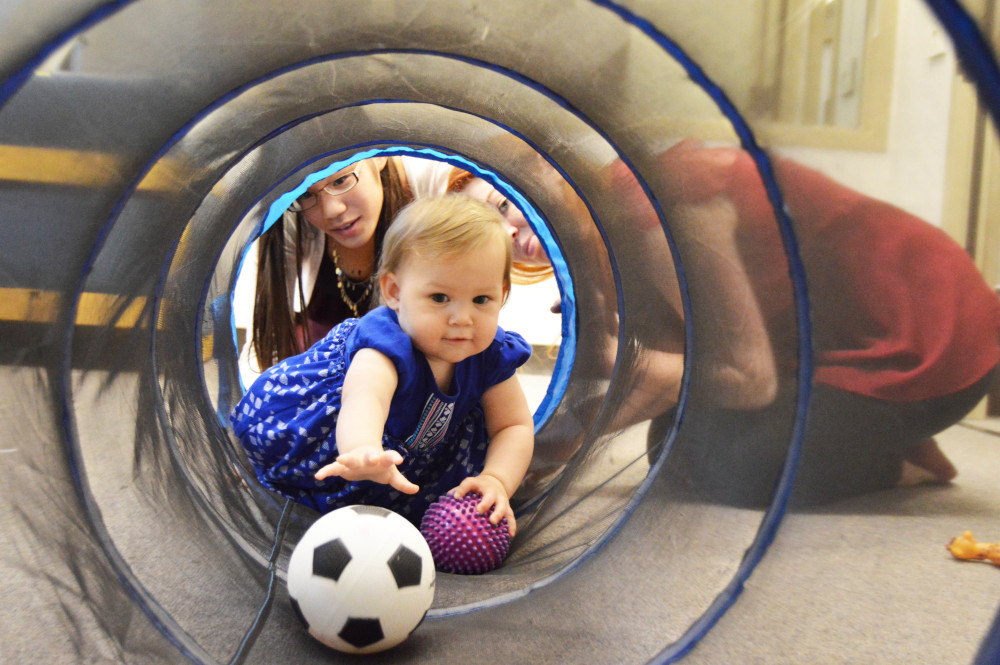Baby steps

Parents often look to milestones to track their baby’s development. Instead of just ticking boxes, Professor Su-hua Wang seeks to better understand how babies develop. In her “Baby Lab,” Wang and her students use toys, books, and technology to study cognition—the process of learning—in infants and young children.
Babies as young as three months old show signs of cognition, said Wang. While they all actively observe the world around them, how they actually learn is shaped by culture and environment. In recent work studying how babies from different parts of the world learn to use toys, she’s found that parenting styles strongly influence the process, with sometimes striking differences that reflect cultural norms. For example, in the U.S., most parents lean towards exploration and hands-off approaches, versus in Taiwan, where most parents stress emulation and practice.
No one style is better than another, Wang said, but such cultural differences can make a one-size-fits-all approach to education problematic. Understanding the learning methods children experience in their early years can help educators adopt more effective teaching strategies. Wang hopes her findings—as applied in UCSC’s New Gen Learning, an initiative to support research on strengths-based learning—helps to address “this disconnect between home and school” that can disadvantage many children, especially those from historically underserved populations.
*— *

